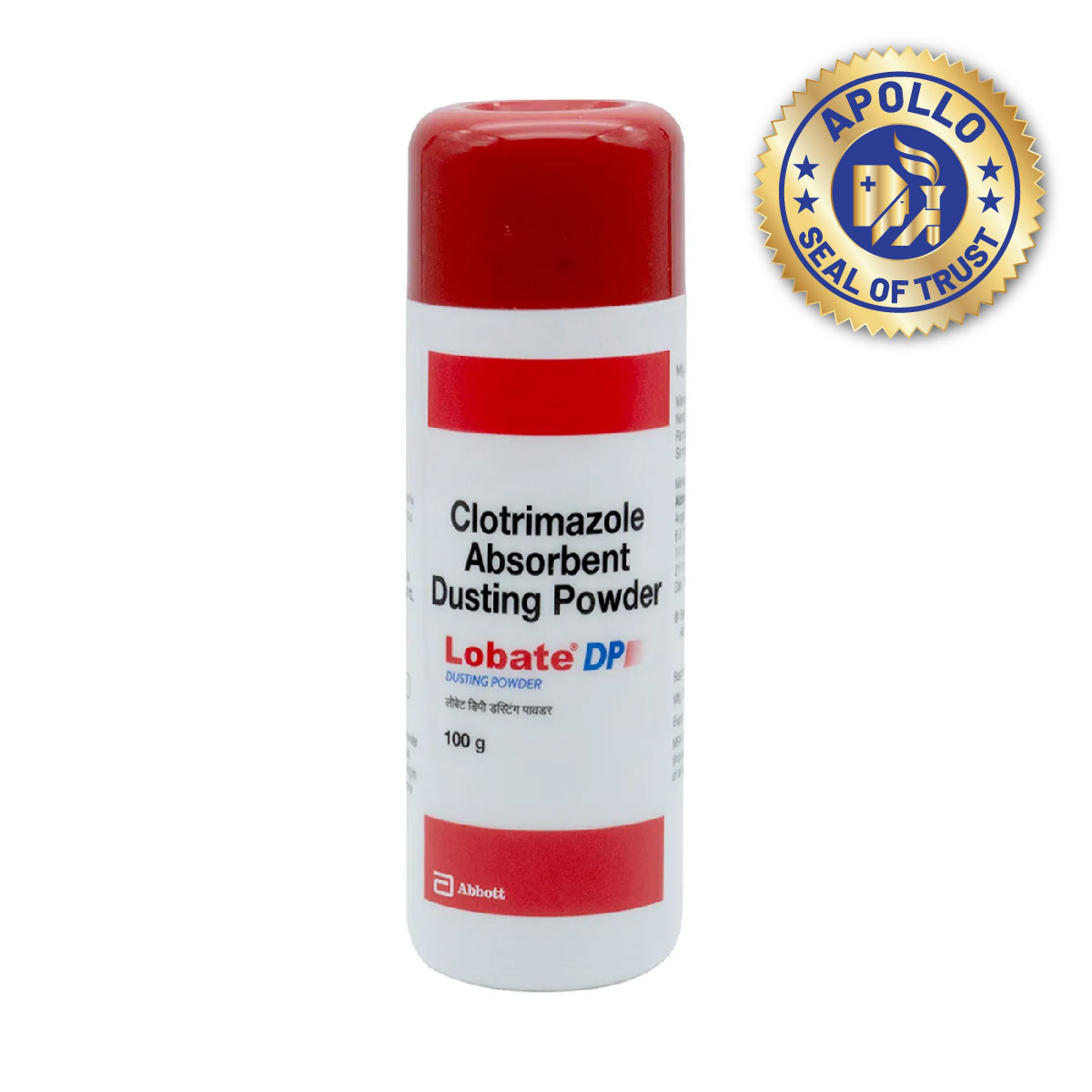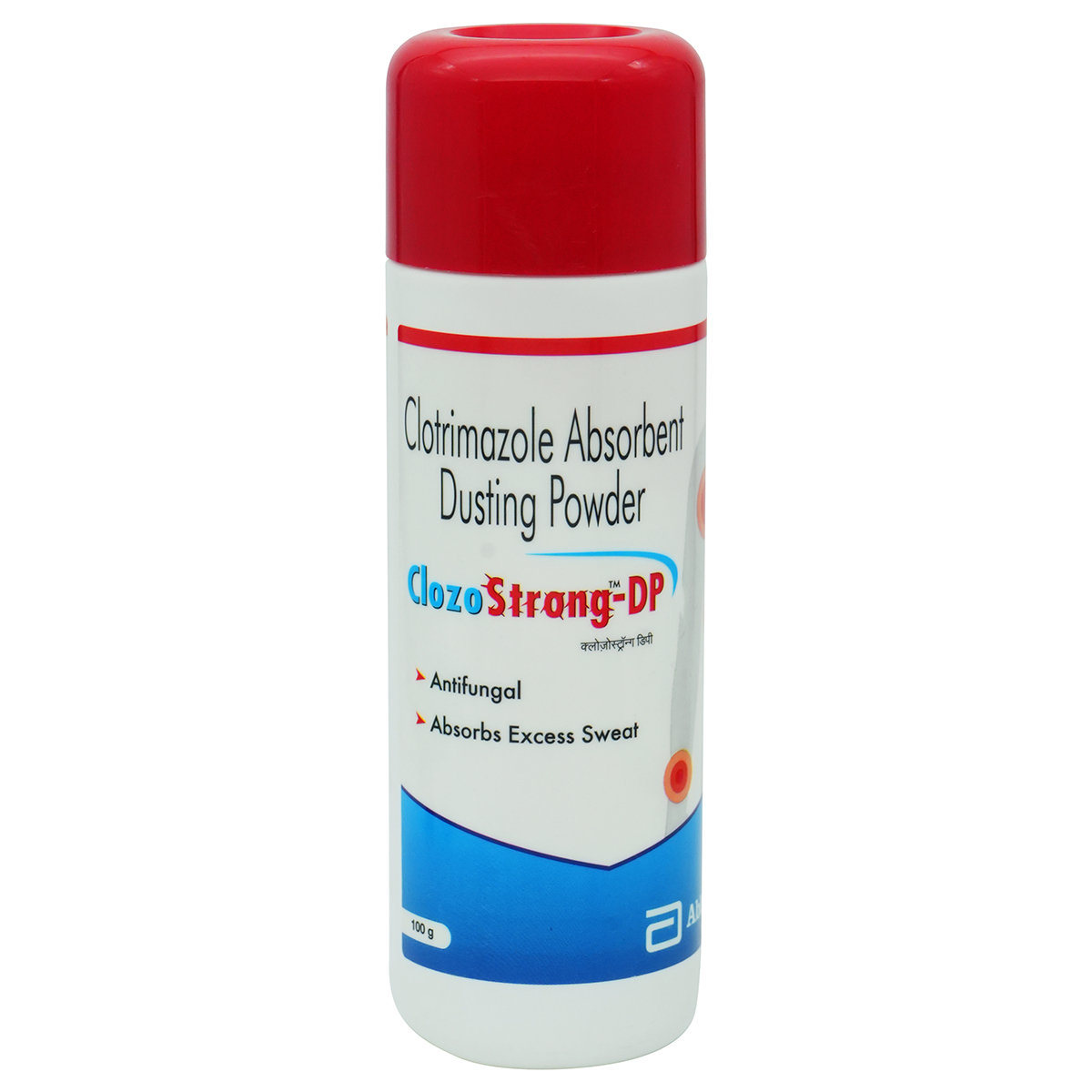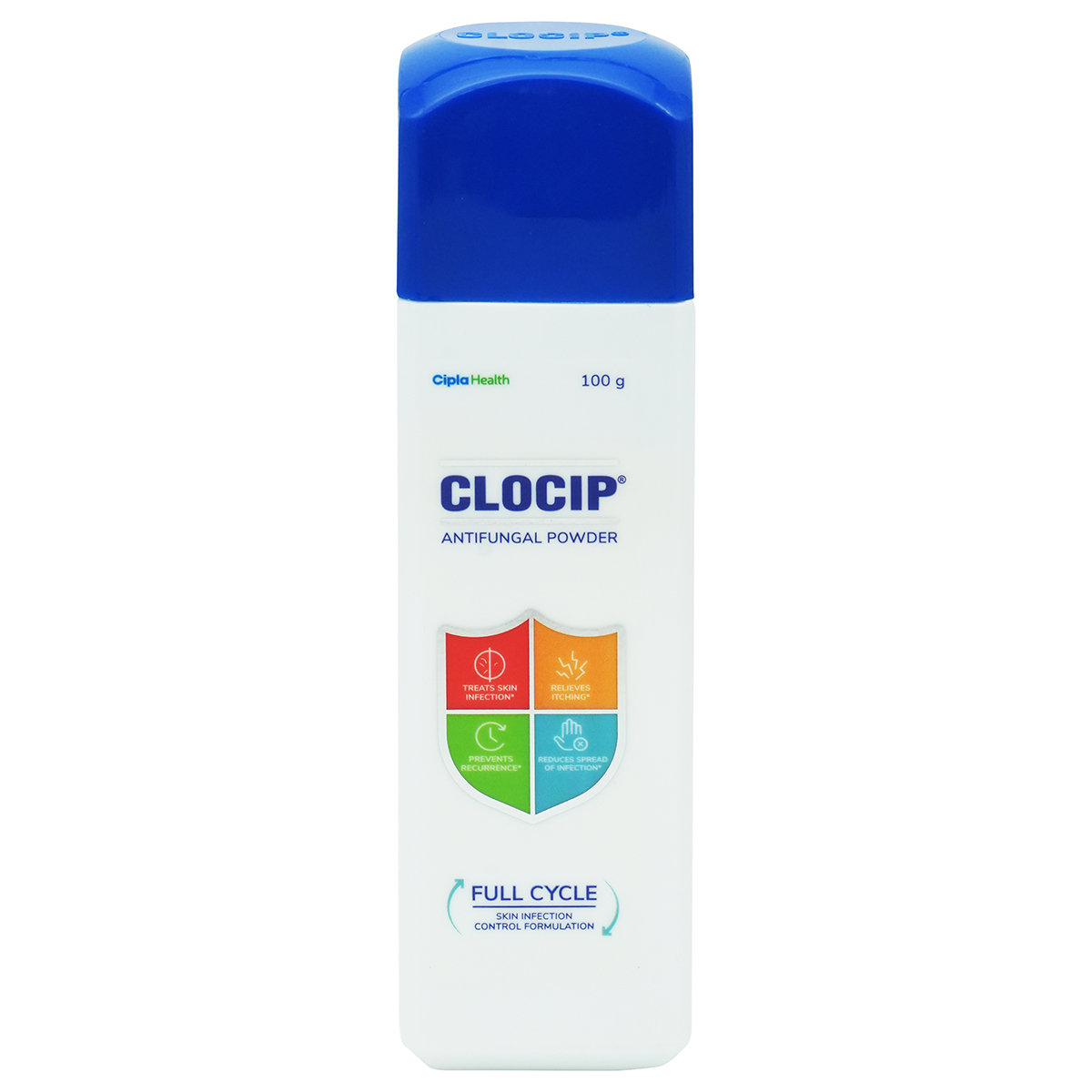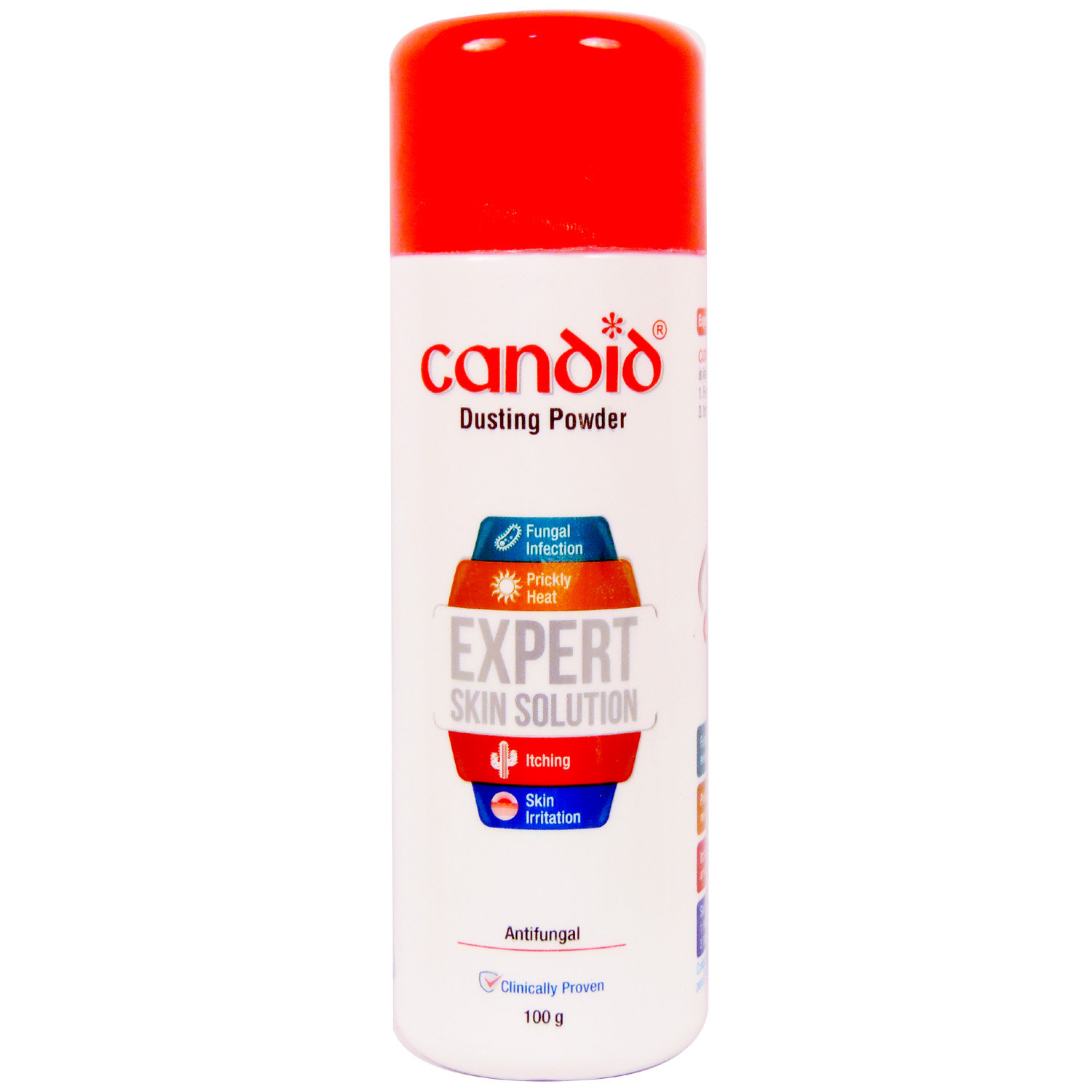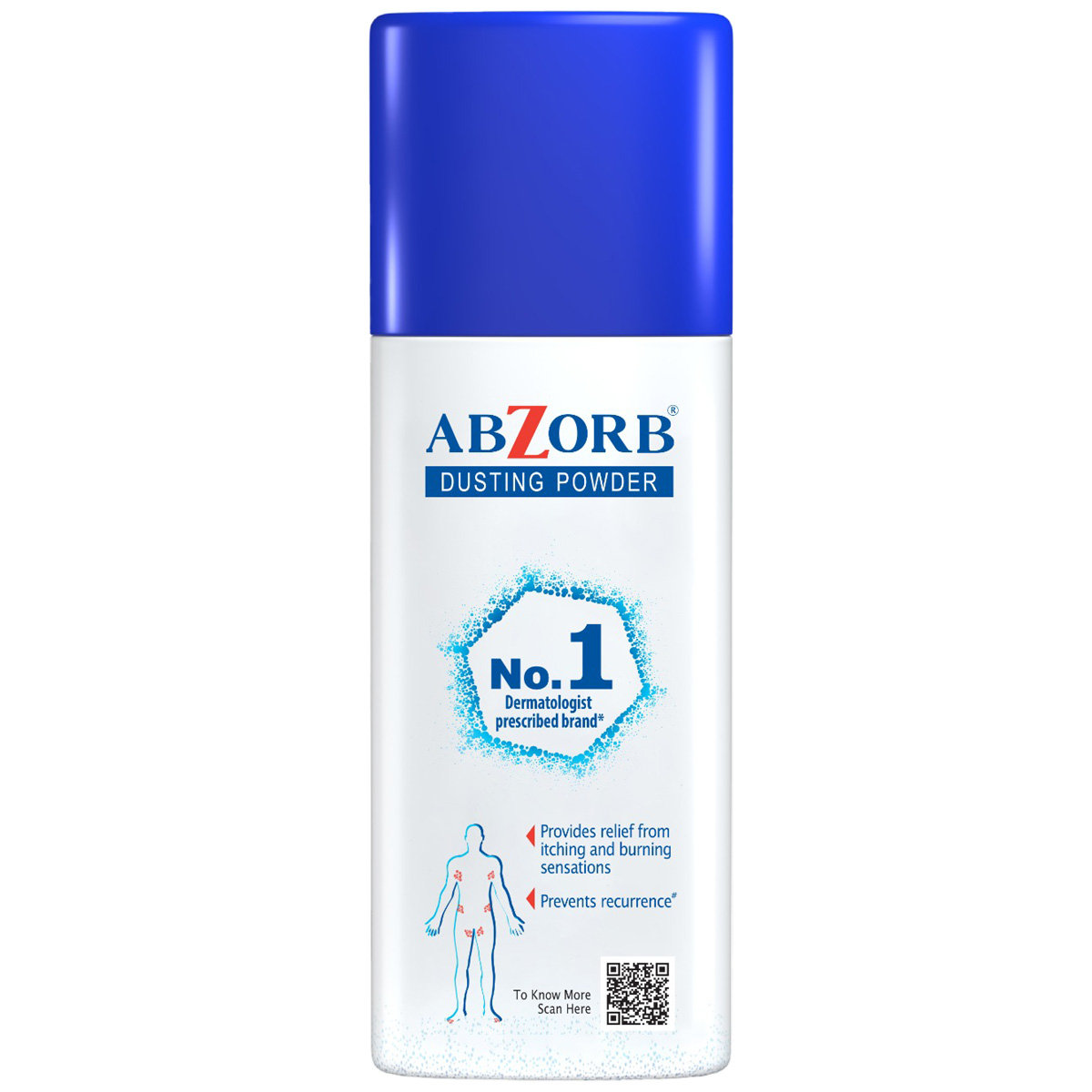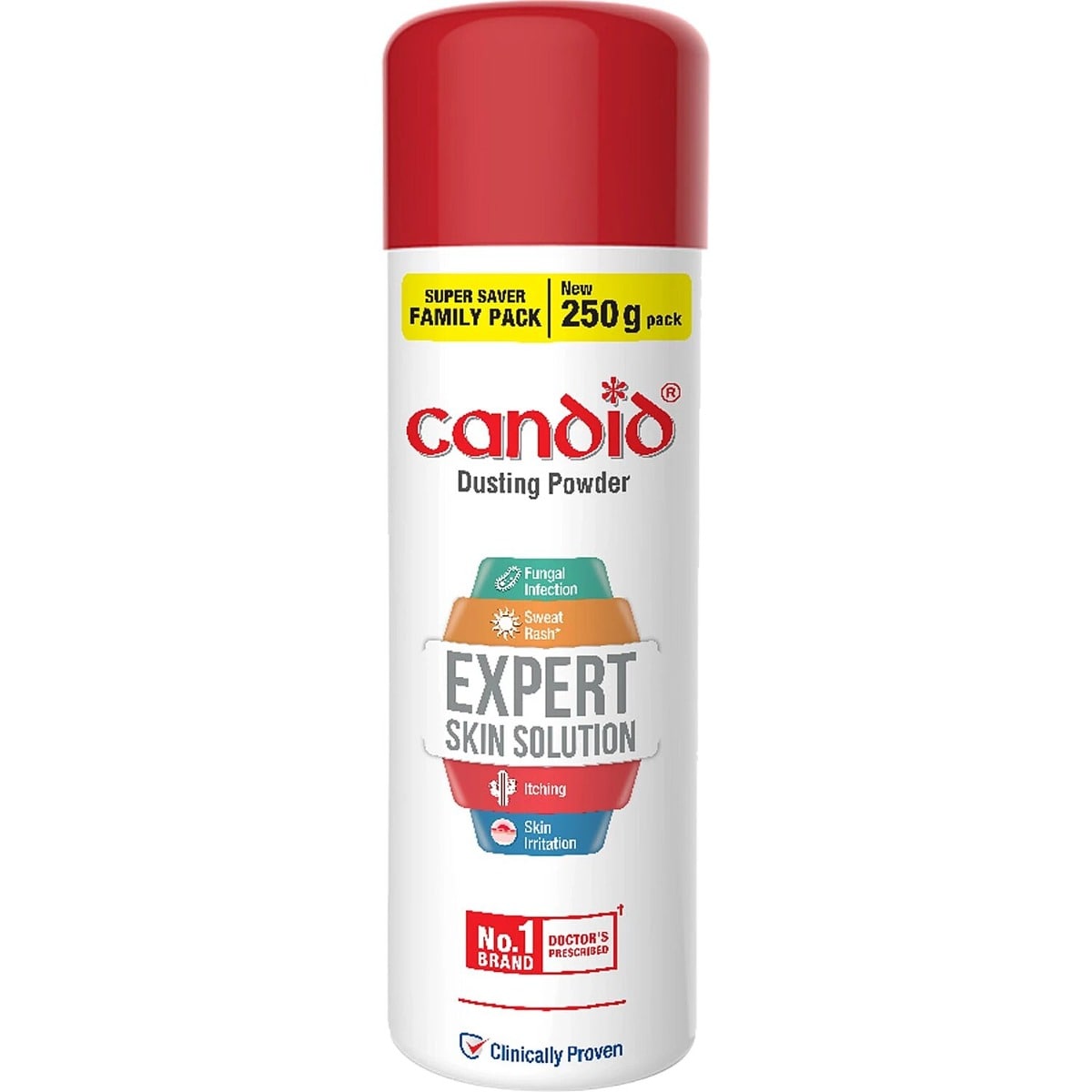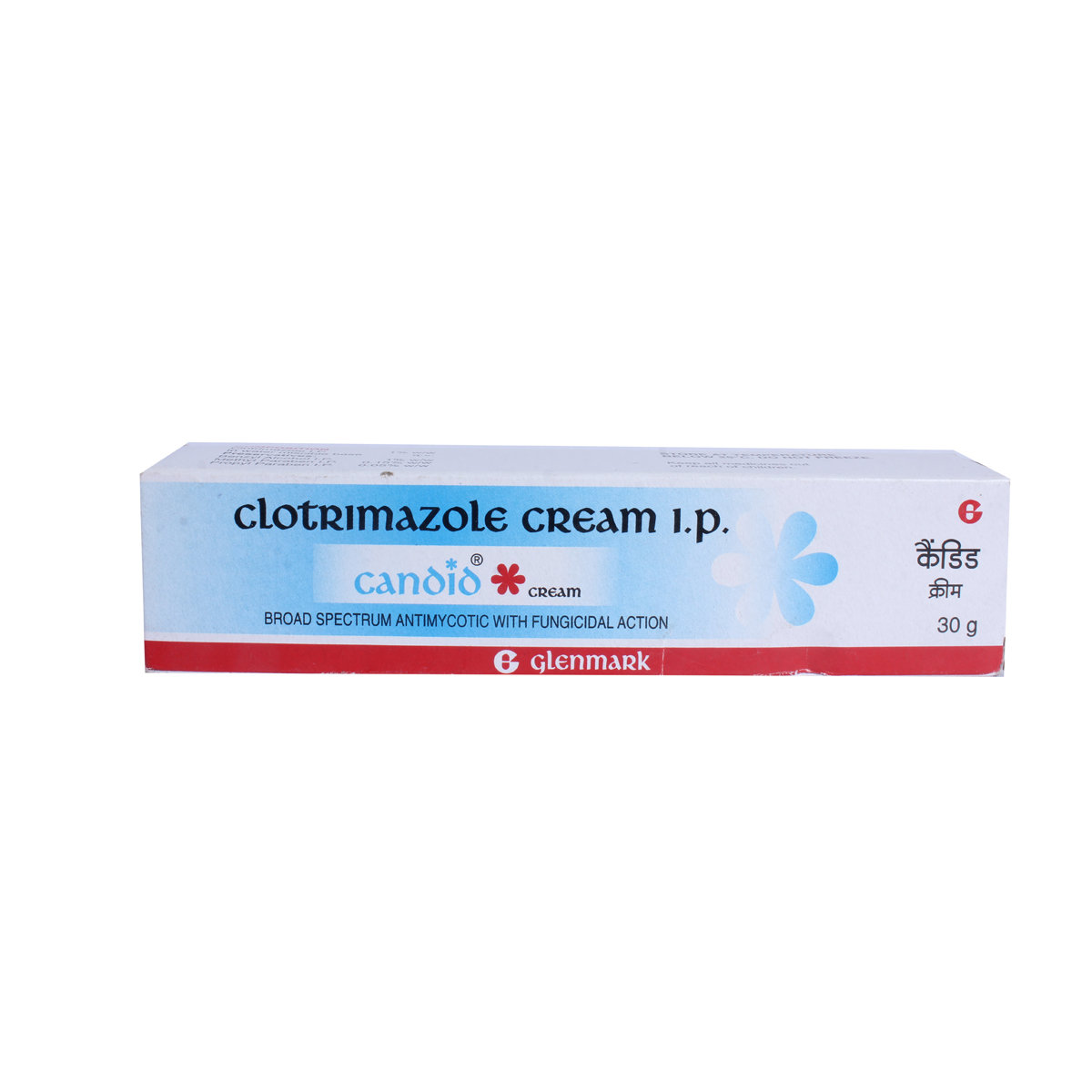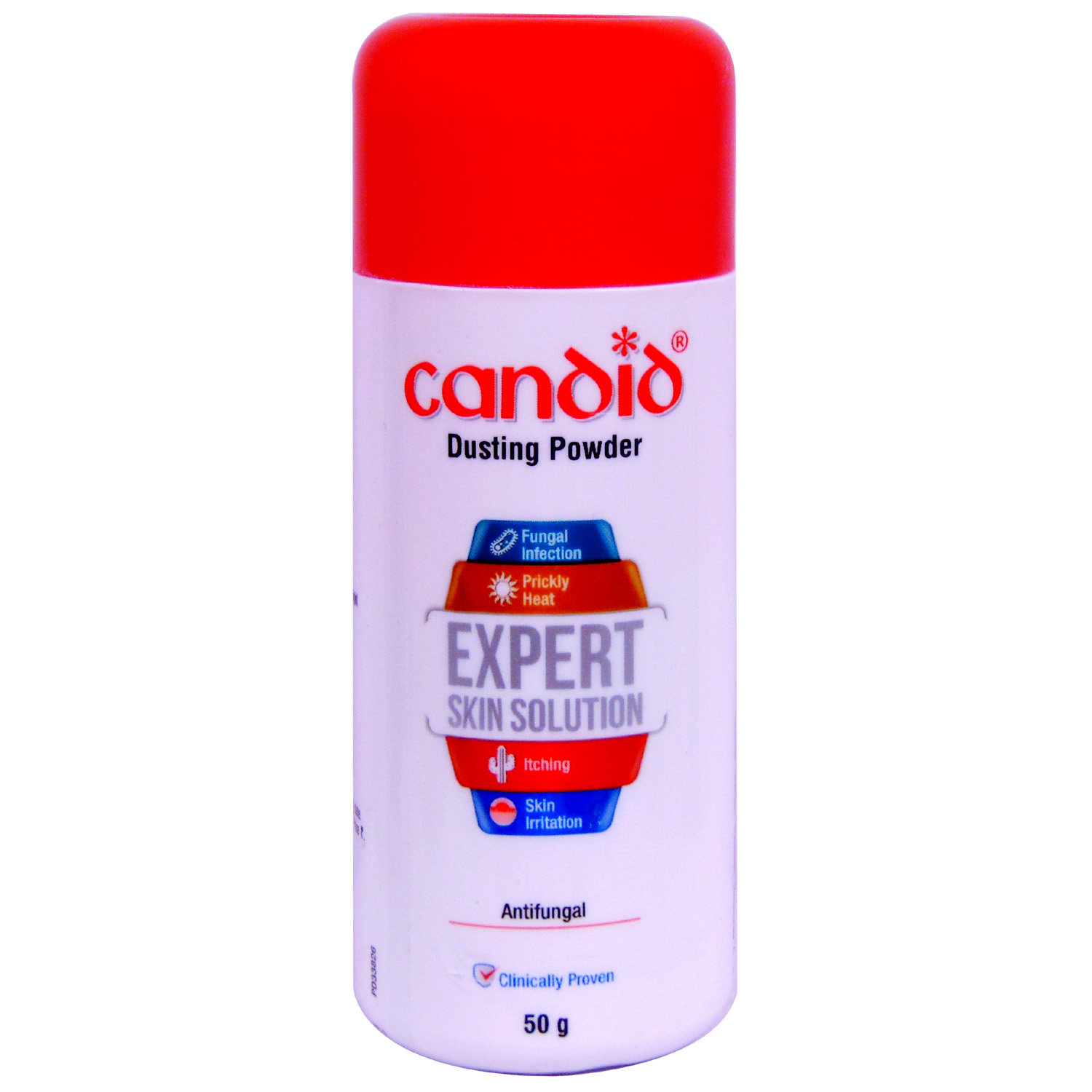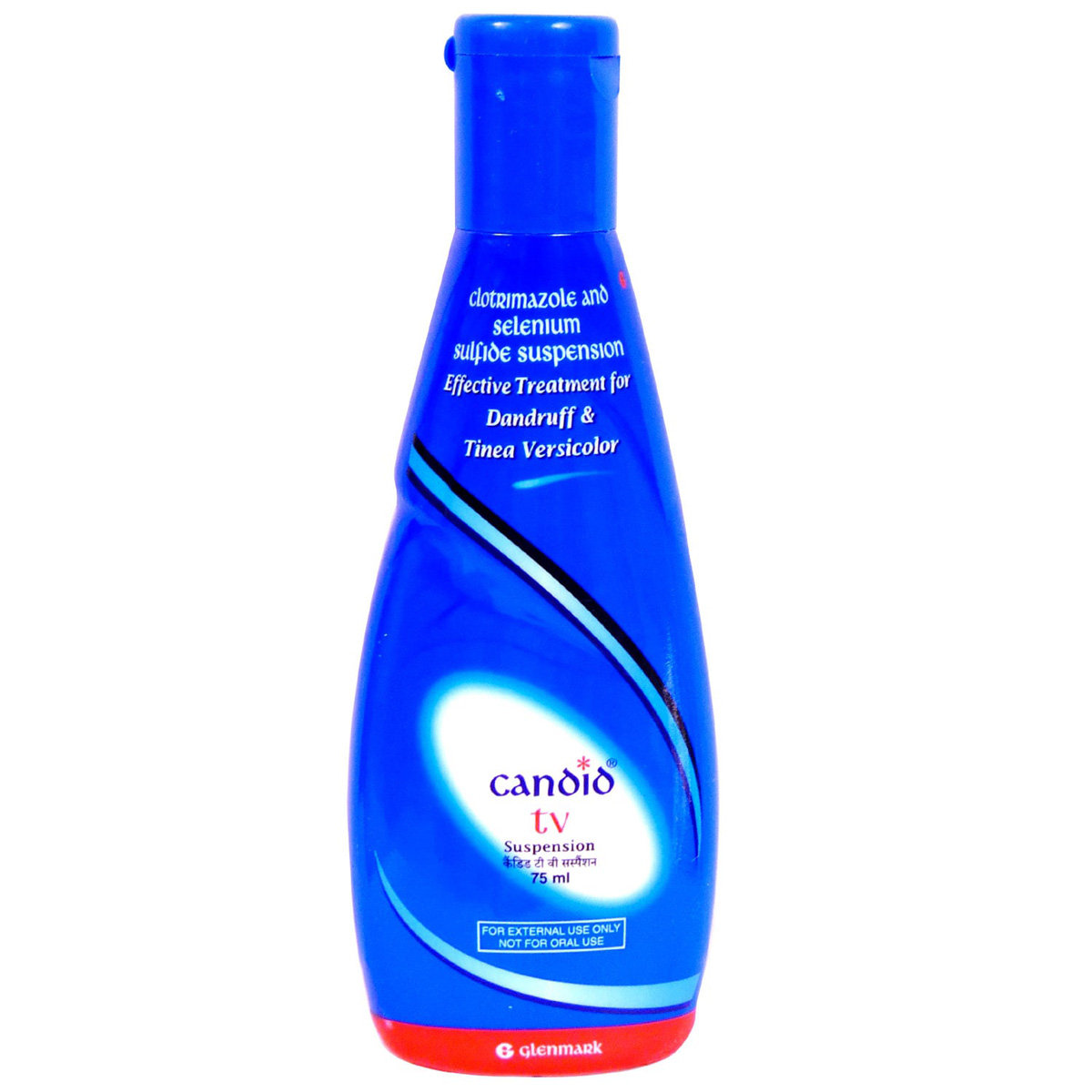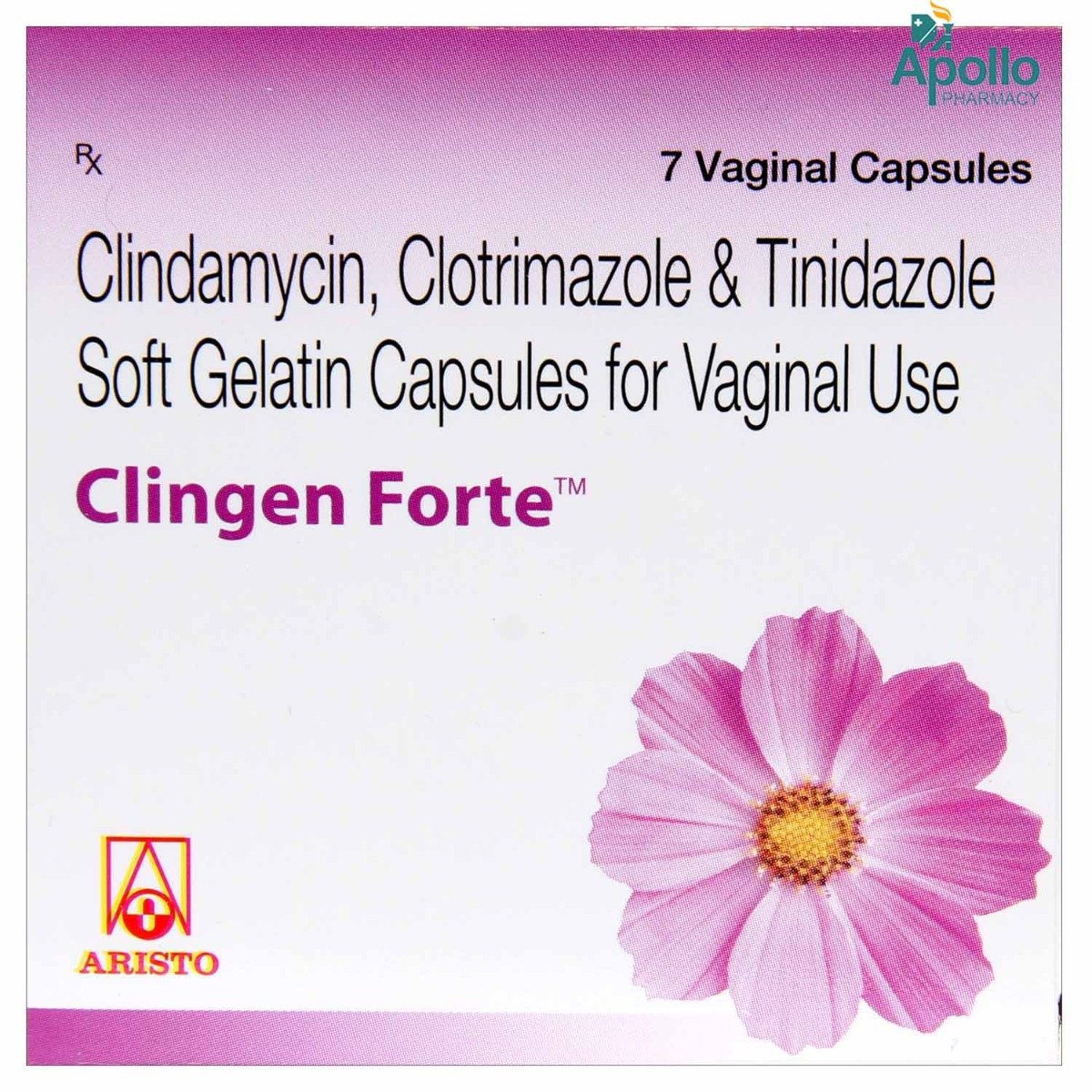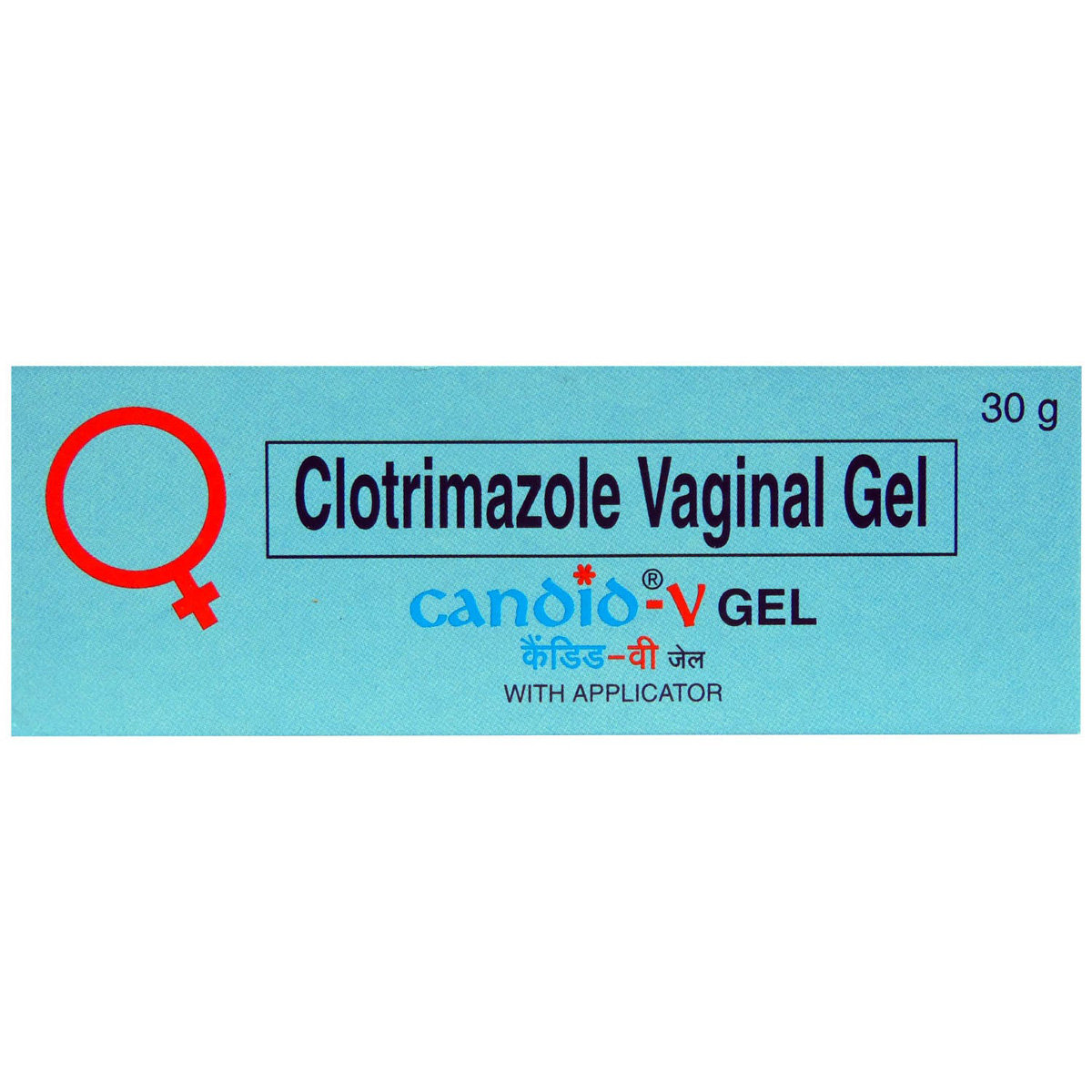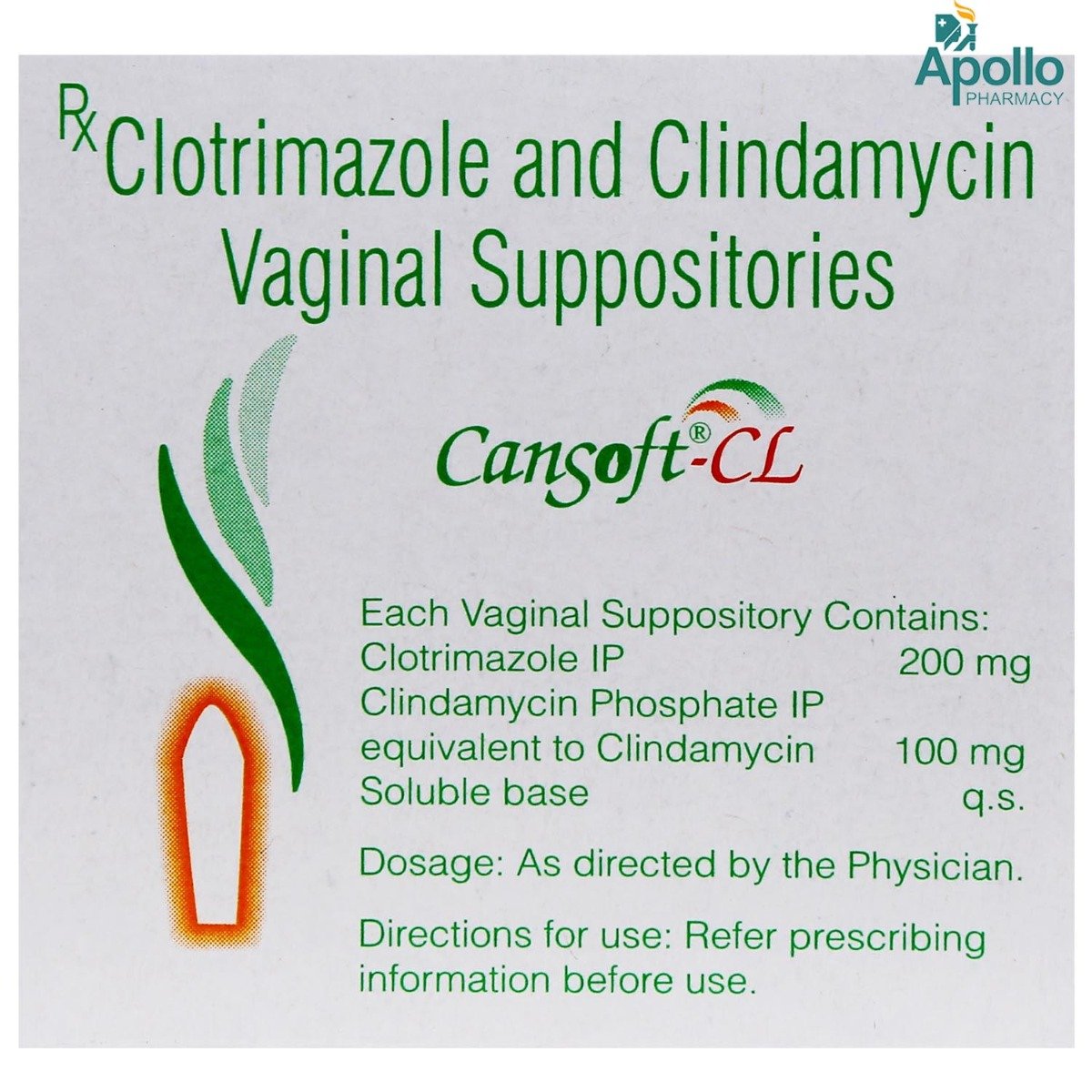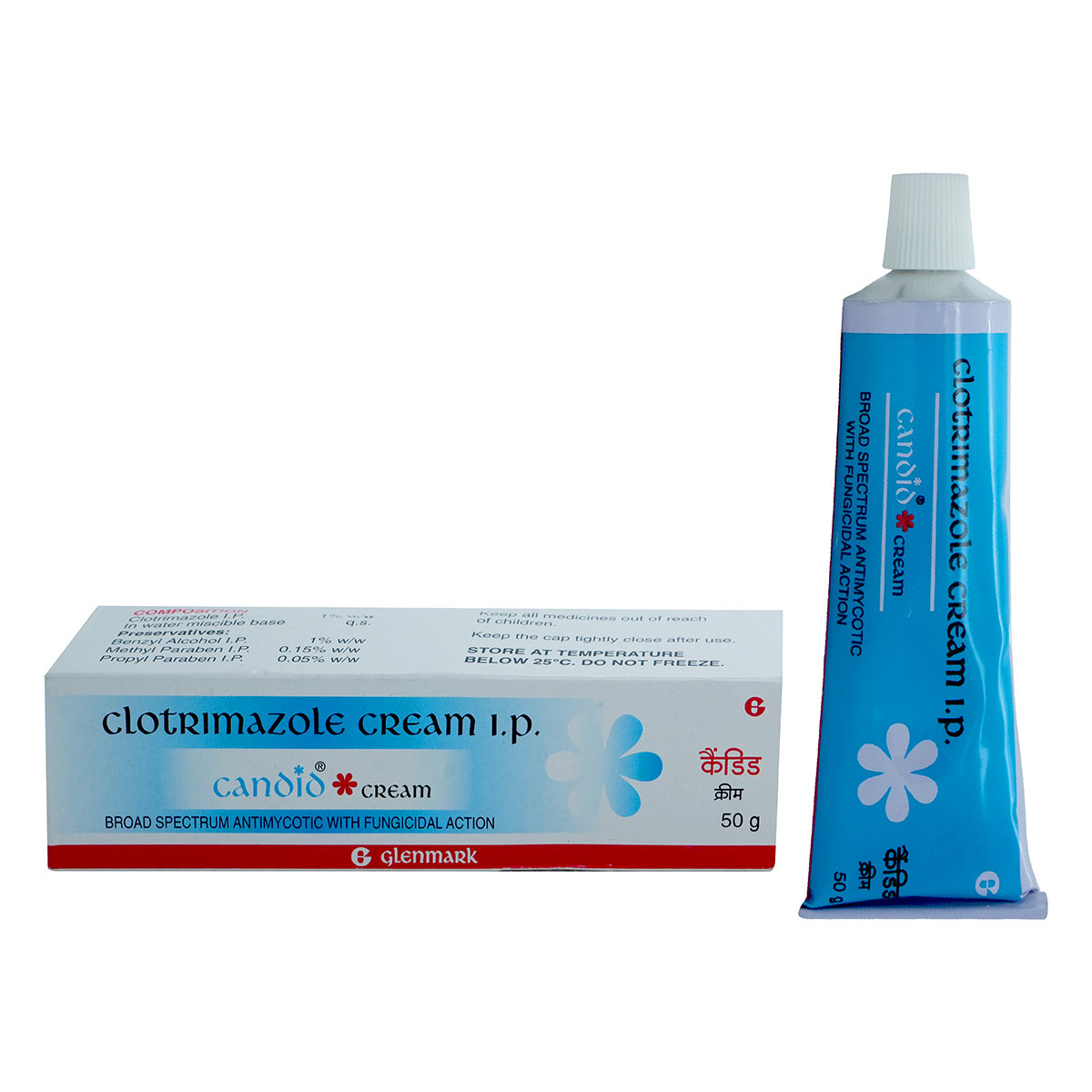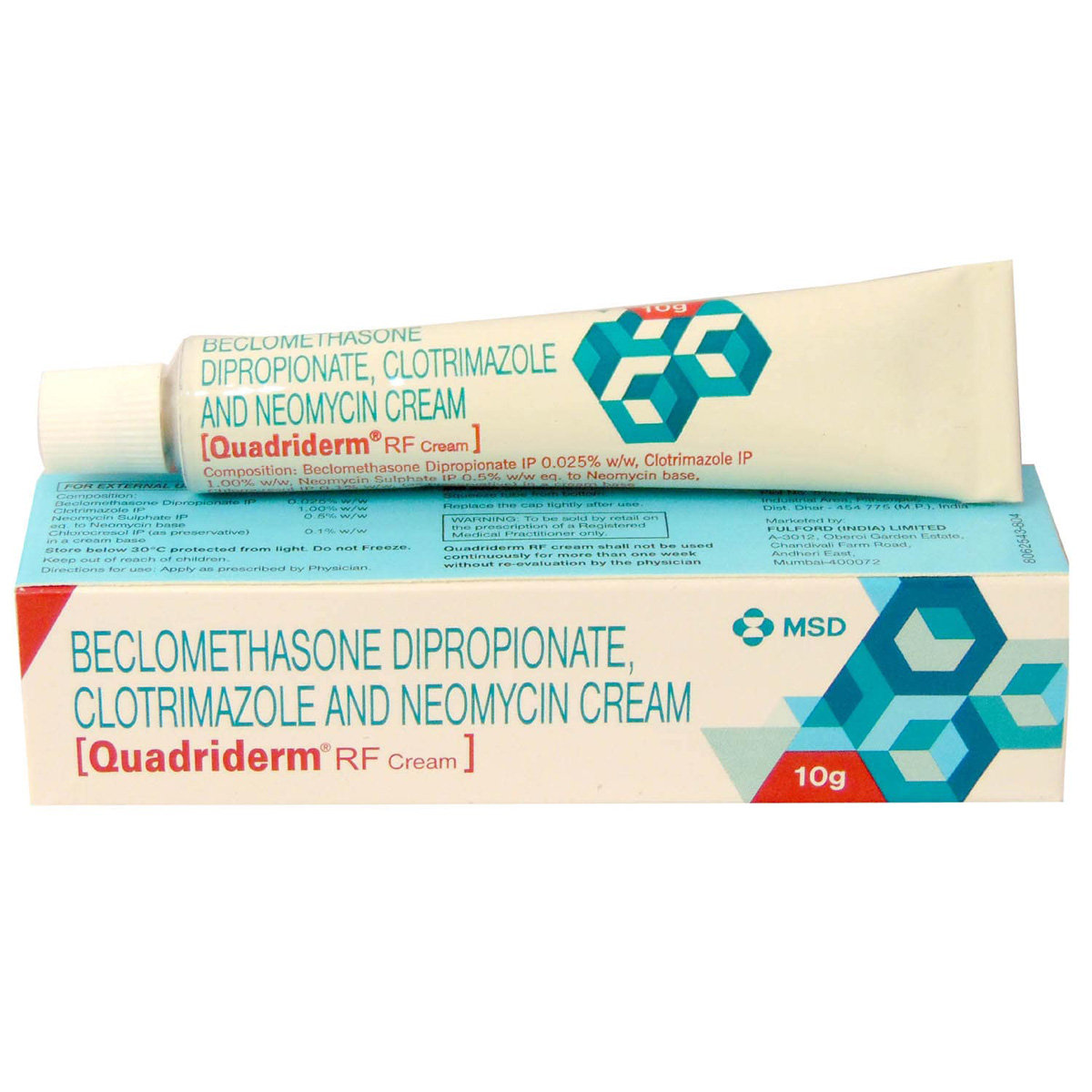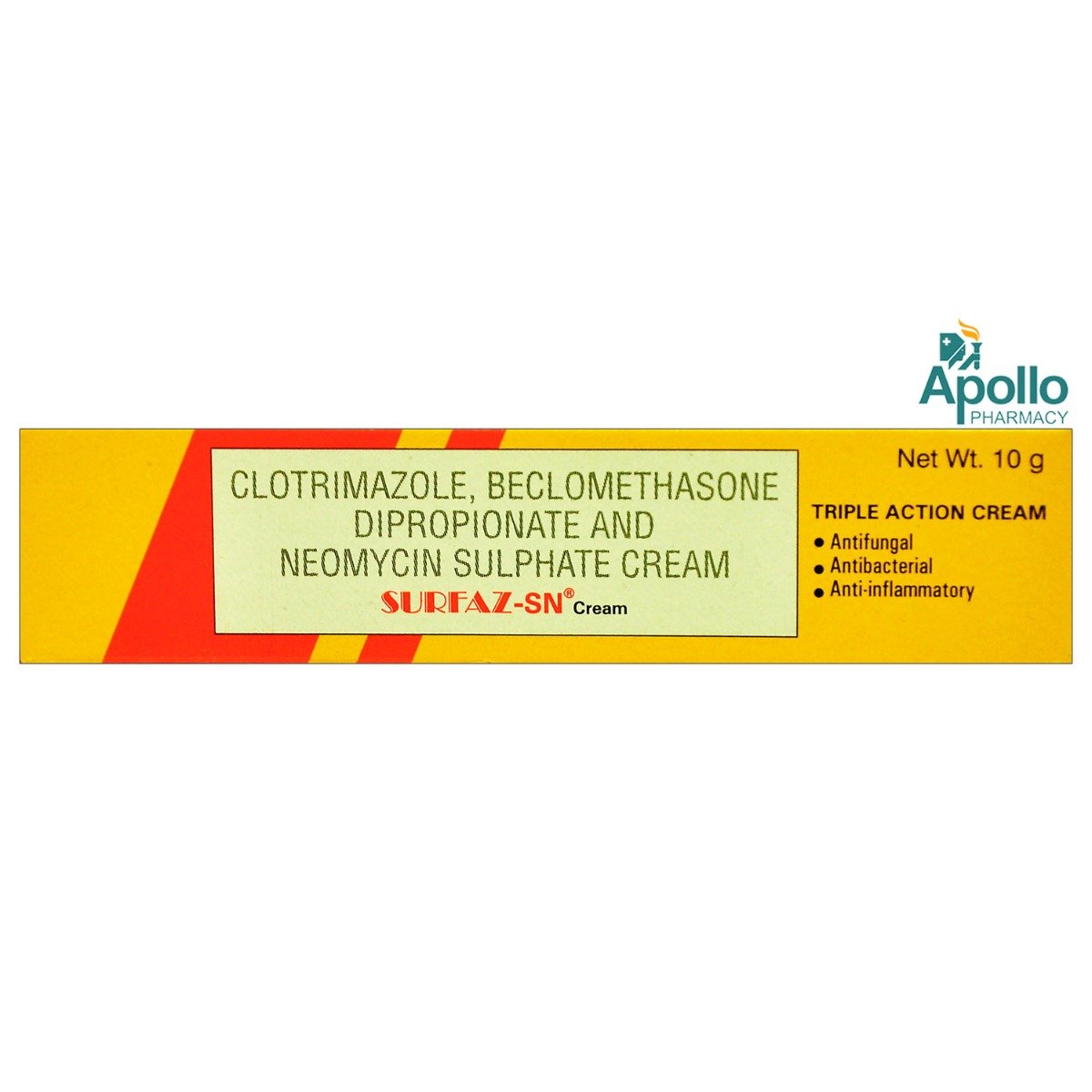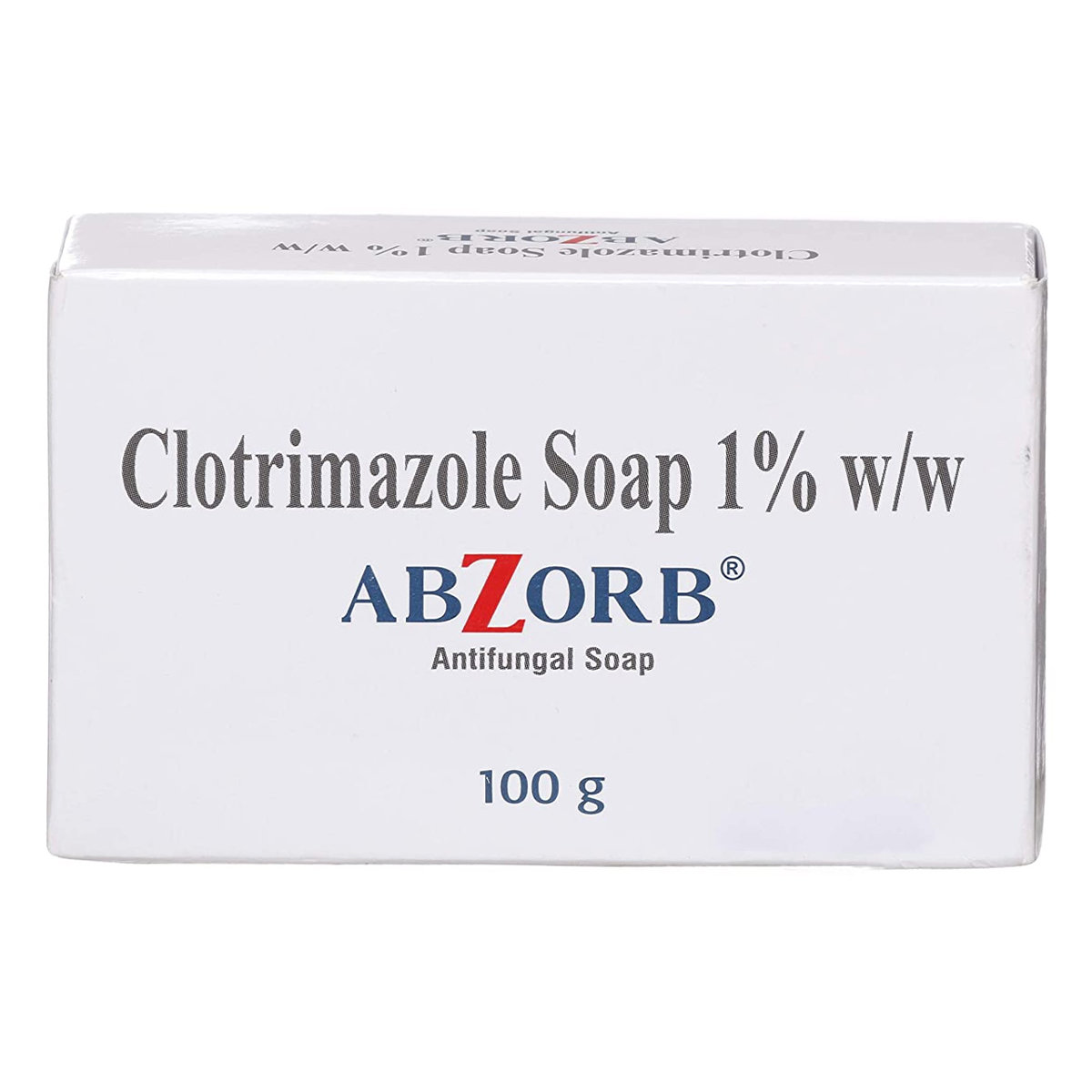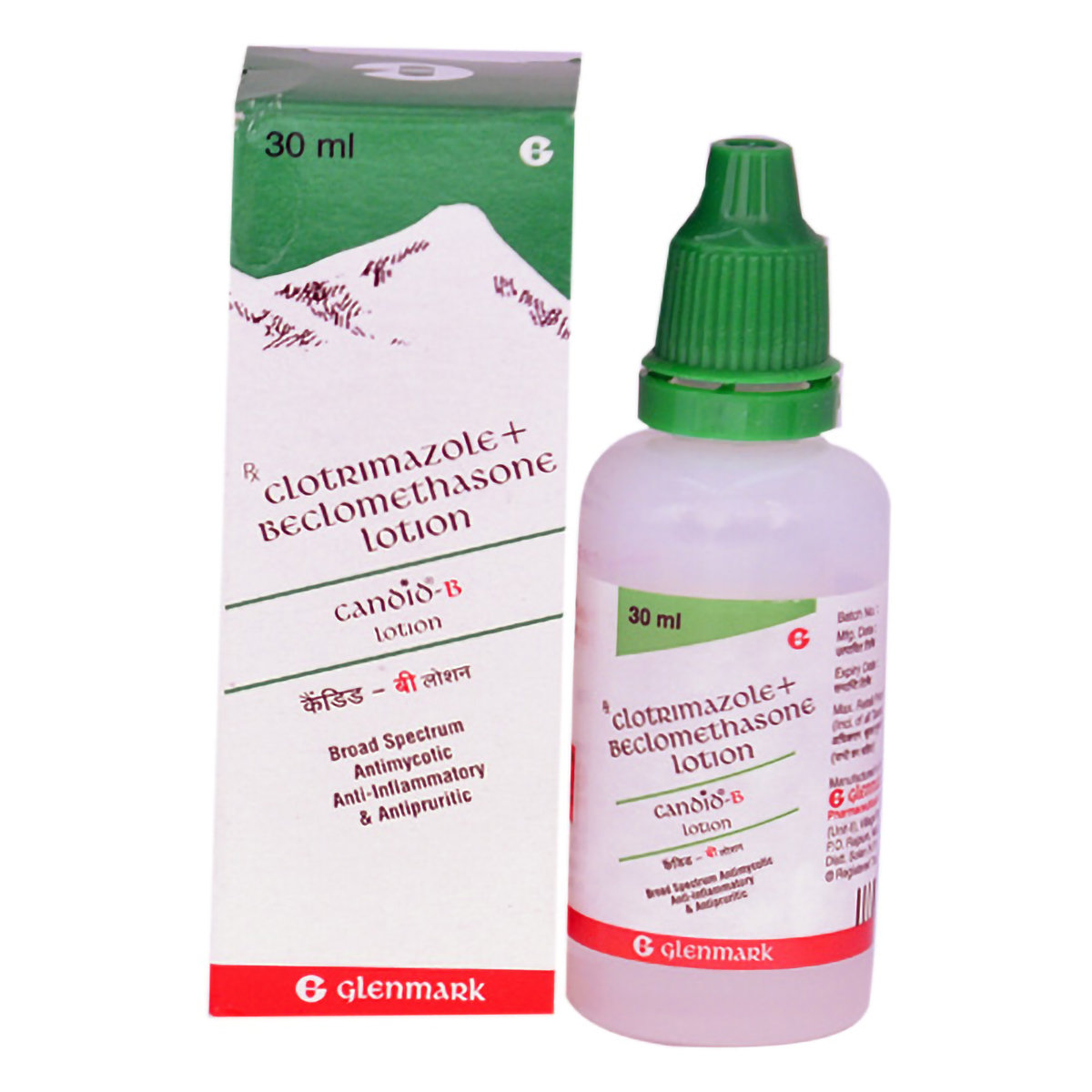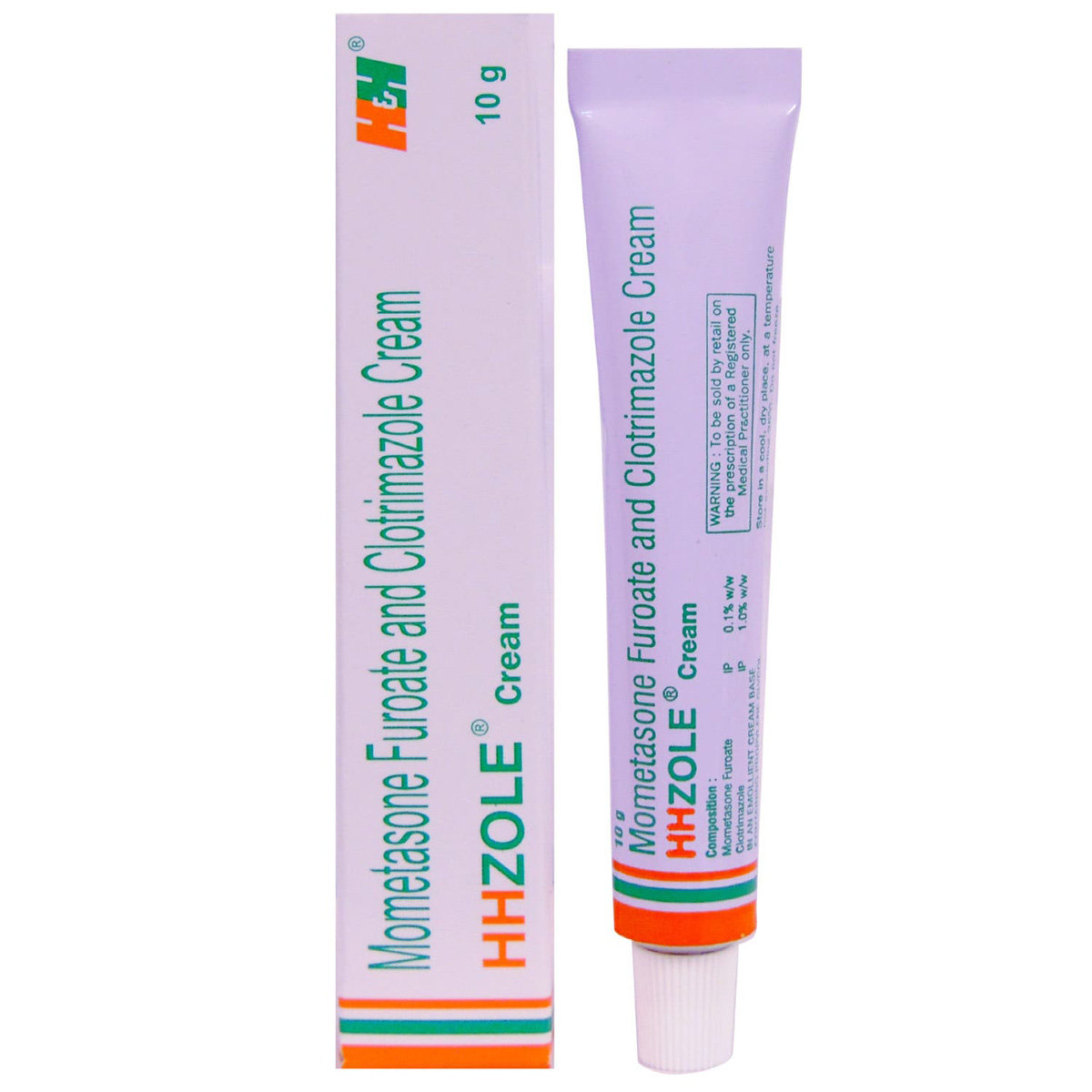Clotrimazole
About Clotrimazole
Clotrimazole is primarily used to treat fungal skin infections such as athlete's foot, ringworm, fungal nappy rash, fungal sweat rash and thrush. A fungal infection, also known as mycosis, is a skin infection caused by a fungus.
Clotrimazole contains clotrimazole, which works by damaging the fungal cell membrane and causing the components to leak out, thus killing the fungus and curing the infection.
In some cases, Clotrimazole may cause itching, redness, dryness, burning and stinging sensations. The majority of these side effects of Clotrimazole eventually fade away over time without the need for medical intervention. Consult your doctor if any side effects worsen or persist.
Inform your doctor if you are allergic to Clotrimazole. Consult your doctor if you are a pregnant or nursing mother. Do not use any other topical medications simultaneously along with Clotrimazole without a doctor's recommendation. Keep your doctor informed about your health condition and all the medicines you are taking to rule out any side effects.
Uses of Clotrimazole
Medicinal Benefits
- Clotrimazole contains clotrimazole, an antifungal medication used to treat various fungal skin infections such as athlete's foot, ringworm, fungal nappy rash, and fungal sweat rash.
- It helps to alleviate the symptoms of thrush.
- Clotrimazole damages the fungal cell membrane and causes the components to leak out, thus killing the fungus and curing the infection.
Directions for Use
- Clotrimazole is for external use only.
- It is usually applied 1-2 times daily or as directed by your doctor.
- Take a small amount of Clotrimazole on the fingertip and apply it as a thin layer on the clean and dry affected area.
- Wash your hands before and after applying it unless the treatment is for your hands.
- If Clotrimazole accidentally comes in contact with your eyes, mouth, or nose, rinse with water thoroughly.
Storage
Side Effects of Clotrimazole
- Redness
- Itching
- Irritated skin
- Burning or stinging sensation
Medicines Containing this Salt
View AllDrug Warnings
- Do not use Clotrimazole if you are allergic to clotrimazole or any of the other ingredients.
- If you are pregnant or nursing, consult your doctor before starting Clotrimazole.
- Avoid using any other topical products/medicines with Clotrimazole.
- Before using Clotrimazole, inform your doctor about your medical history and other medications you are currently taking in order to rule out any potential negative effects.
- Do not cover the treated area unless instructed to do so by your doctor.
Drug Interactions
Drug-Drug Interactions: No interactions found/established.
Drug-Food Interactions: No interactions found/established.
Drug-Disease Interactions: No interactions found/established.
Drug-Drug Interactions Checker List:
Safety Advice

Alcohol
safe if prescribedNo reported interaction. But, it is best to avoid alcohol while taking medication.

Pregnancy
consult your doctorThere are no competent and well-controlled studies in pregnant women. Please consult your doctor. Your doctor will prescribe only if the benefits outweigh the risks.

Breast Feeding
consult your doctorConsult your doctor; there has been no significant research on the use of Clotrimazole in breastfeeding/nursing mothers. If Clotrimazole is applied to the breast or nipple, wash the area properly before nursing the child.

Driving
safe if prescribedClotrimazole has no or negligible impact on the ability to drive or operate machinery.

Liver
consult your doctorLimited information is available; hence, if you have any concerns, discuss them with your doctor.

Kidney
consult your doctorLimited information is available; hence, if you have any concerns, discuss them with your doctor.

Children
safe if prescribedClotrimazole can be used safely for children provided a child specialist has prescribed the dose.
Habit Forming
Diet & Lifestyle Advise
- Shower on a regular basis and properly dry yourself before clothing.
- Take warm baths with mild soap.
- Don't share your bedding, towels, or clothes.
- Wearing tights or tight underwear is not recommended.
- Do not scratch the infected area. Scratching the infected skin area may spread the illness to other body parts.
- Avoid harsh soaps and deodorants or any such products.
- Avoid intercourse till the thrush is treated.
- Avoid or limit your consumption of alcohol and caffeine.
- Reduce your intake of sugar, yeast, refined carbohydrates, and mouldy foods.
Patients Concern
Disease/Condition Glossary
Fungal skin infection: A fungal infection of the skin occurs when the fungus invades the skin tissue. Fungal infections can be contagious and spread from one person to another. Symptoms include skin irritation, scaly skin, redness, itching, scaly or flaky patches, and swelling. The most common type of fungal infections are ringworm, athlete's foot, jock itch, and yeast infections.
Athlete's foot: It is a fungal illness that primarily affects the area between the toes. Athletes' foot is typically seen in those whose feet have become extremely sweaty while confined within tight-fitting shoes. A scaly rash with itching, stinging, and burning sensations are common symptoms.
Ringworm: Ringworm is a common fungus-caused infection of the skin and nails. Ringworm is also called tinea or dermatophytosis. The infection is known as 'ringworm' because it causes an itchy, red, circular rash.
Fungal nappy rash: A fungal nappy rash is a form of skin rash that affects the nappy area and occurs when the skin is in continuous contact with urine or stool within a tight-fitting nappy. Nappy rash can get infected with Candida yeast if left untreated for longer than a few days. The candidal nappy rash should be treated with antifungal and anti-inflammatory medications.
Thrush: Thrush is a common yeast infection affecting men and women. Thrush Symptoms in women include white vaginal discharge (often smelling like cottage cheese), irritation and itching around the vagina, soreness and stinging sensation during sex or urination. Thrush symptoms in men include irritation, burning sensation, redness around the head of the penis and under the foreskin, a white discharge (similar to cottage cheese), an unpleasant odour, and difficulties pulling back the foreskin.
FAQs
Clotrimazole contains clotrimazole, which is an antifungal medicine used to treat and prevent fungal skin infections such as athlete's foot, jock itch, ringworm infections, etc.
Clotrimazole damages the fungal cell membrane and causes the components to leak out, thus killing the fungus and curing the infection.
Your symptoms may improve before the infection is completely cured. Therefore, completing the full course of treatment would be suggested even if you feel better.
Unless directed by a doctor, do not use Clotrimazole for more than four weeks. If used for prolonged durations, the fungus may become resistant to Clotrimazole.
The side effects of Clotrimazole include red/irritated skin and a burning or stinging sensation. If these side effects persist or worsen, please consult your doctor.
Clotrimazole is effective against Trichophyton species which cause athlete’s foot, ringworm infection, and jock itch (fungal infection of the skin in the groin or buttocks). Additionally, it works well against yeast known as Candida which commonly causes vaginal thrush (infection caused by an overgrowth of yeast called Candida albicans).
The symptoms of skin infection, such as soreness or itching, should improve within a few days of using Clotrimazole. However, the signs such as scaling and redness may take longer to disappear. Even if you feel better do not stop using Clotrimazole before the duration advised by your doctor.
You are advised to use Clotrimazole for as long as it is recommended by your doctor. The type of infection determines the duration of treatment. In general, for tinea infection, the treatment is continued for 1 month and for candida infection, at least for 15 days. Do not stop using Clotrimazole on your own even if you feel better as the infection may relapse as it takes some time to kill the fungus.
Clotrimazole is safe for children only if used as advised by the doctor. Although minor side effects may occur, they are often not troublesome. However, if your child develops redness, burning sensation, and itching (which is severe in nature), stop using Clotrimazole and consult your doctor.
Avoid rubbing the affected areas too much and keep them clean and dry. Although, itching may want you to scratch, avoid scratching as it will damage the skin’s surface and cause the infection to spread further. Avoid sharing towels, bath mats, etc. with other people as you could spread the infection to them.
